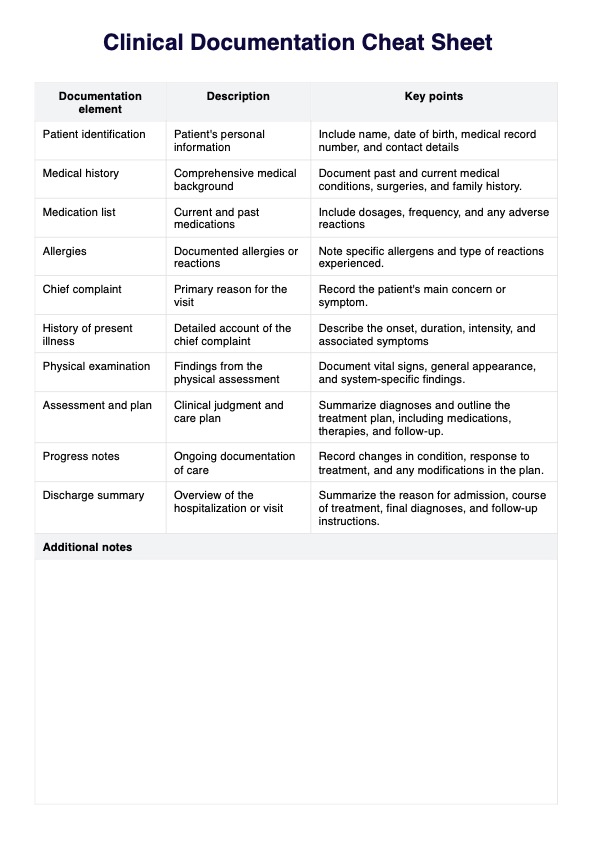The importance of clinical documentation
Clinical documentation is vital for effective communication within healthcare teams. It acts as a conduit for information exchange, ensuring that every healthcare professional involved in a patient's care can access the same detailed and current information. This unified approach helps avoid medical errors and enhances patient care's overall safety and quality.
Additionally, clinical documentation holds legal significance in the complex landscape of healthcare regulations and legal protection. It provides a legal record of the care provided, ensuring compliance with regulatory standards and serving as a safeguard in legal scenarios.
Furthermore, clinical documentation is integral to the financial aspects of healthcare. It supports accurate billing and reimbursement processes, ensuring that healthcare facilities are compensated appropriately for the services rendered. This aspect of documentation is crucial for the financial sustainability of healthcare providers.
Clinical documentation is the backbone that supports the intricate body of healthcare, ensuring that patient care is practical, efficient, and accountable.












